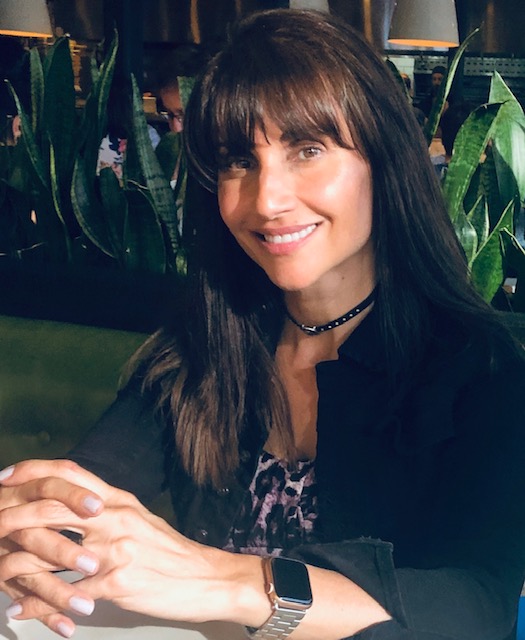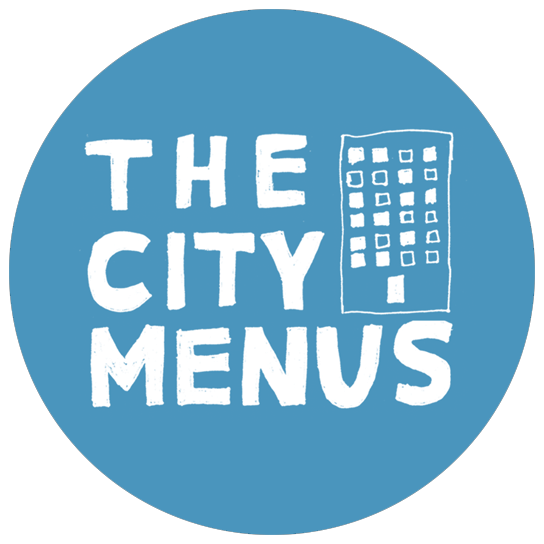
Researching new and uncharted topics is one way that University of West Georgia professors are working to further advance their respective fields.
Dr. Lama Farran, associate professor and program coordinator of the College of Education’s communication sciences and disorders program, has been awarded a grant from the University System of Georgia Board of Regents. The grant, presented by the Sandra Dunagan Deal Center, will be used to study mother-child vocal interaction in autism spectrum disorders (ASD).
This research will help Farran determine the extent to which mothers engage in modifying their speech when communicating with their children across different groups – typical, language delayed and ASD.
Farran became interested in this type of research early in her career while she was working as a speech-language pathologist directly in the field. She mentioned that this particular topic is significantly under-researched.
“There is little research focusing on the speech or vocal characteristics and language of preschool children who have just been diagnosed with ASD,” she explained.
The implications of this research are beneficial to the development and advancement of communication sciences and understanding interactions between children with ASD and their parents.
Having designed the study, Farran is significantly involved in the process.
“I direct all aspects of the research,” she said. “As such, I lead student training, and I am involved in data collection, entry, and analysis, as well as submissions to and presentations at research conferences.”
Teaching in the College of Education has helped prepare Farran to be in a position to receive this grant and conduct her research.
“I have been a UWG faculty member since 2012,” she said. “Since then, UWG has helped me establish my research agenda and assisted me in funding student research.”
Regarding the process of researching, Farran mentioned that she is most excited to work with the participants and her students, as well as finding ways to help those with ASD and their families. “It is exciting to be able to get a glimpse of what that interaction looks like in the family/children’s most natural environment,” she concluded, “and hopefully, disseminate the results to the larger community for improved research and practice in ASD.”

